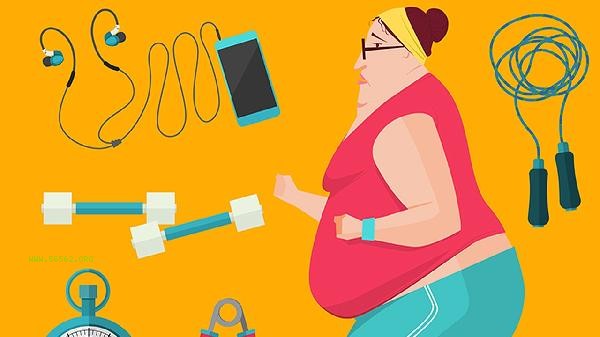It is not recommended for teenagers to take weight loss pills for weight loss. Weight loss drugs may cause risks such as endocrine disorders, growth and development disorders, and drug dependence. Scientific weight loss should prioritize safe methods such as dietary adjustments, exercise interventions, behavior correction, sleep management, and psychological counseling.

1. Endocrine disorders:
Adolescents are in a critical period of hormone secretion, and ingredients such as sibutramine and orlistat commonly found in weight loss drugs may interfere with thyroid function, leading to menstrual disorders and decreased bone density. Clinical studies have shown that the risk of developing hormonal abnormalities such as worsening acne and hirsutism after using weight loss drugs in the 12-18 age group is three times higher than that in adults.
2. Growth and development obstruction:
weight loss drugs achieve weight loss by inhibiting appetite or fat absorption, which may result in insufficient intake of key nutrients such as protein and calcium. During adolescence, it is necessary to ensure a daily intake of 60-80 grams of high-quality protein. Drug intervention may lead to premature bone closure, stunted height growth, and a 40% increased risk of osteoporosis in adulthood.
3. Risk of drug dependence:

Some weight loss drugs containing amphetamines are addictive, and the development of the prefrontal cortex in adolescents is not yet complete, making them more prone to drug dependence. According to data from the National Medical Products administration, the reported cases of adolescent abuse of weight-loss drugs leading to anxiety disorders and compulsive behaviors have increased by an average of 15% annually.
4. Metabolic system damage:
The liver metabolic enzyme system is not yet mature before the age of 18, and long-term use of weight loss drugs may cause elevated transaminase levels and drug-induced hepatitis. According to the 2023 Adolescent Health Study, the detection rate of liver function abnormalities in minors who have been continuously using weight-loss drugs for more than 3 months is 27.6%.
5. Psychological and behavioral abnormalities:
Drug weight loss can easily lead to erroneous cognition, inducing compensatory behaviors such as vomiting and excessive exercise. According to a survey conducted by the Institute of Child and Adolescent Health at Peking University, 23.8% of adolescents who use weight-loss drugs develop anorexia nervosa or binge eating disorder.

It is recommended to establish a dietary pattern of regular meals and a combination of coarse and fine grains, with a daily intake of 500 grams of vegetables and 200 grams of low sugar fruits. Choose fun sports such as basketball and swimming, and accumulate 150 minutes of moderate intensity aerobic exercise per week. Parents should regularly monitor changes in BMI. If the weight exceeds the standard value by 30% and diet and exercise are ineffective, a medical plan should be developed under the guidance of a pediatric endocrinologist. Sleep for no less than 8 hours a day to avoid staying up late and disrupting leptin secretion. At the psychological level, it is necessary to guide the establishment of a healthy body image and avoid extreme weight loss measures due to aesthetic anxiety on social media.




Comments (0)
Leave a Comment
No comments yet
Be the first to share your thoughts!